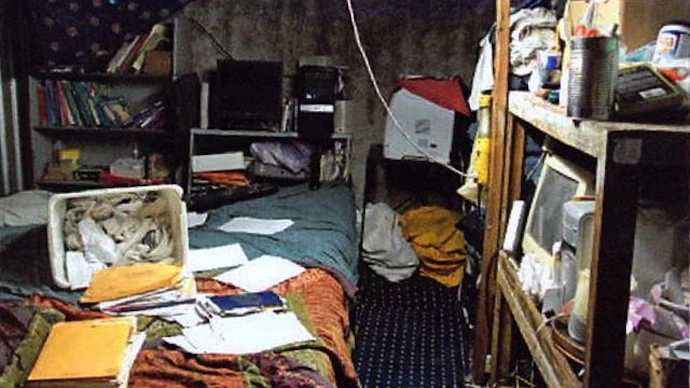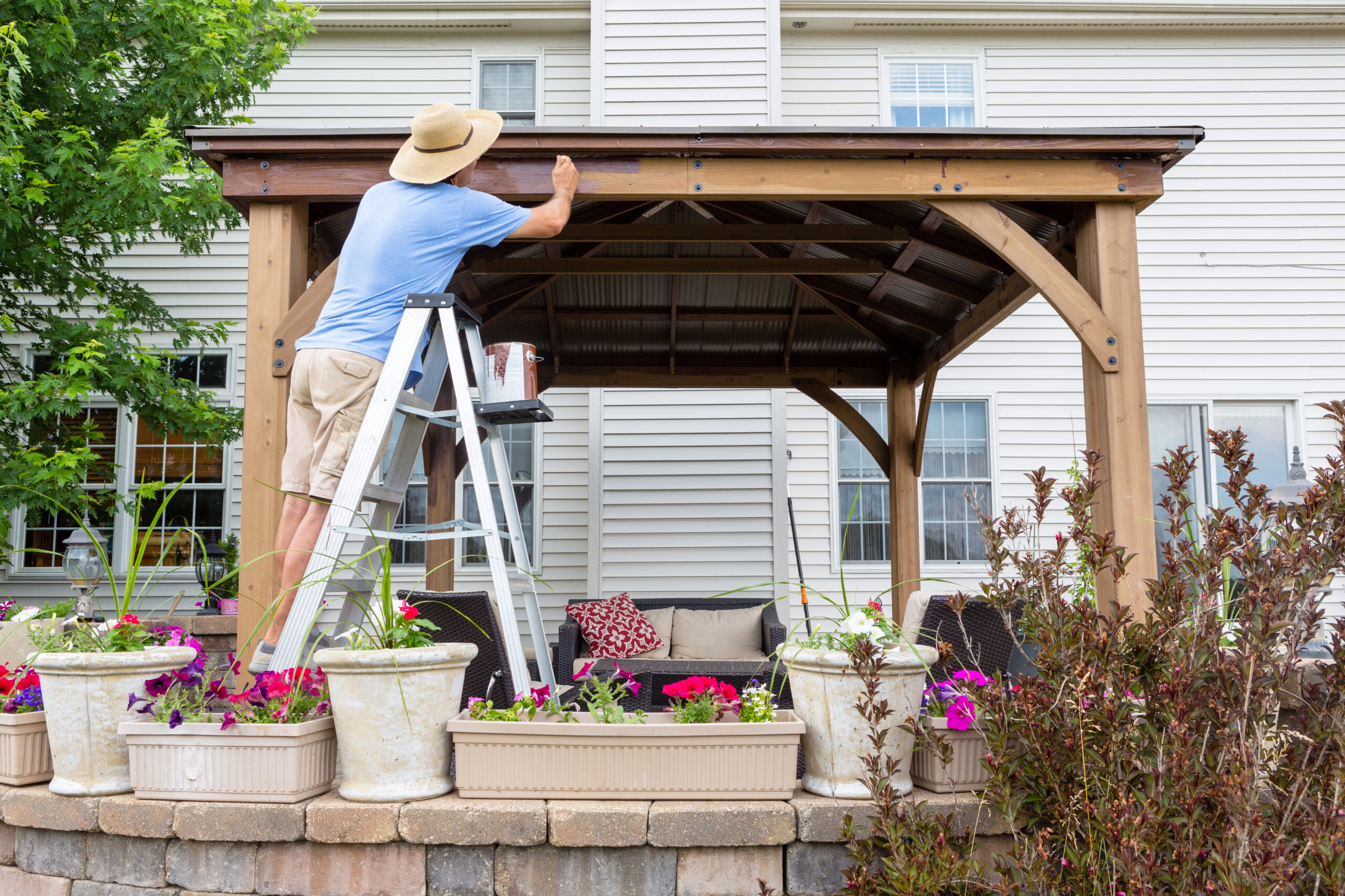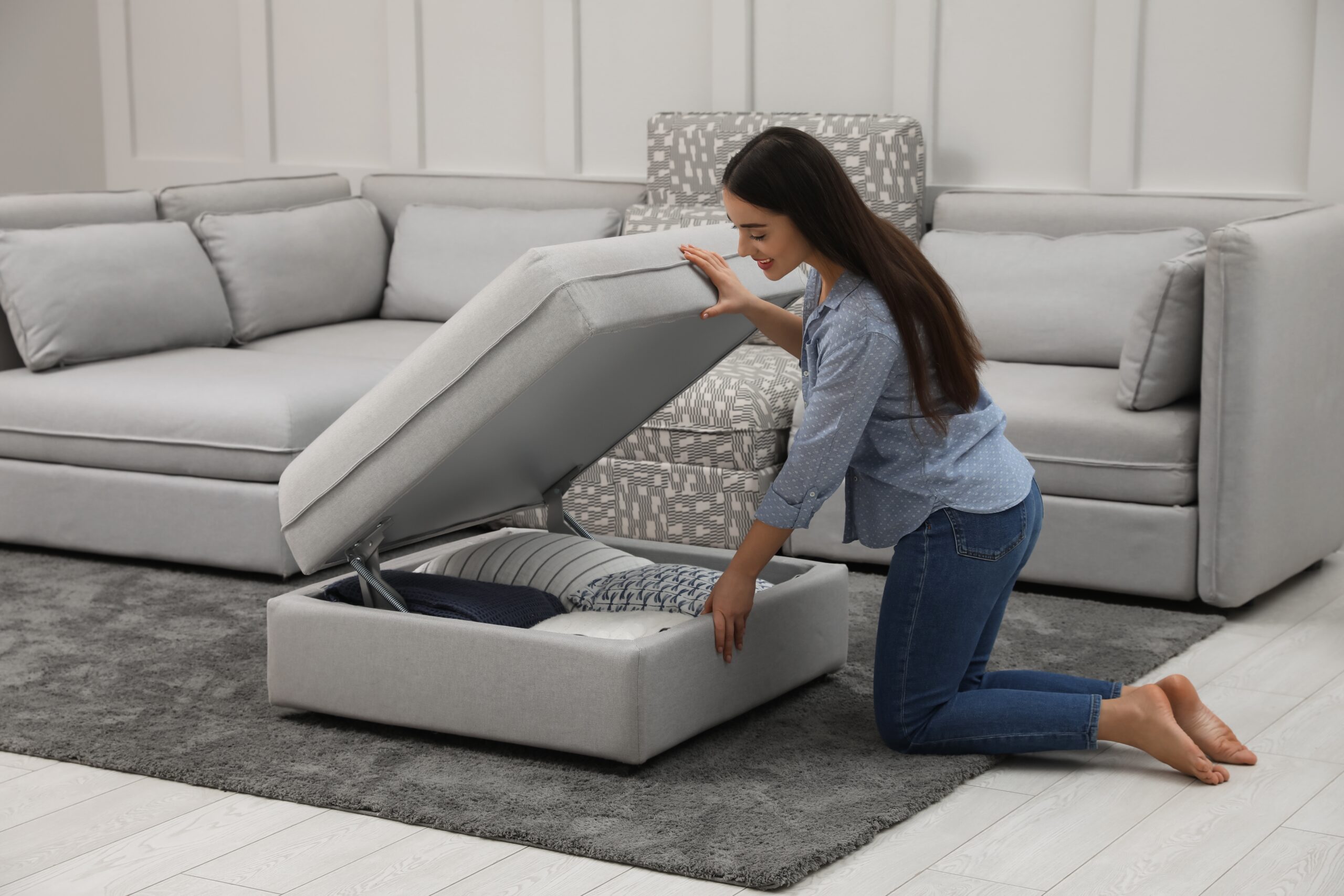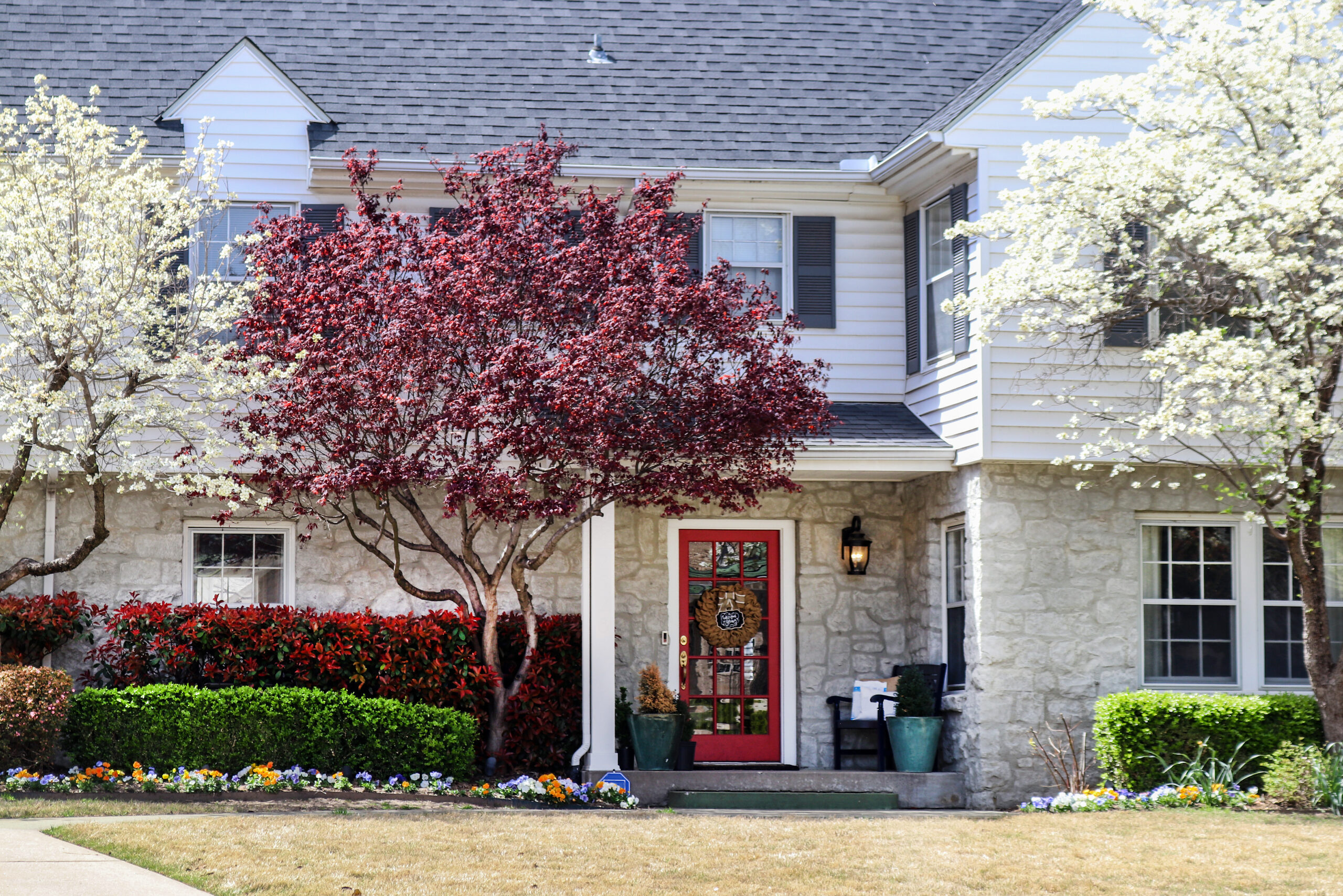In 2022, for the first time in the United States, average monthly rent exceeded $2,000. In cities like Austin, rents are up nearly 50 percent. Combined with persistent inflation and stagnant wages, these soaring costs of owning a home or renting are driving people to take desperate measures.
Unable to pay rent or make timely mortgage payments, some residents have turned to storage units, for a couple of reasons, as a latch ditch effort to keep a roof over their heads. While it might seem like a resourceful idea at first glance, the truth is that living in a unit is both illegal and dangerous.
Is It Illegal to Live in a Storage Unit?
The answer is yes. For legal reasons, it is against the law to live in a self-storage unit in the United States. According to Brian Hoel, President of BraineTrust Storage LLC, it’s a straightforward issue. “State and local laws prohibit the residential use of storage units.”
“For example, in California, the Health and Safety Code prohibits the use of self-storage units for human habitation, and violators can face fines up to $1,000 and eviction from the facility,” Hoel says. “In New York, the state’s Uniform Fire Prevention and Building Code also prohibits residential occupancy of storage units, and violators can face fines and imprisonment.”
Why You Can’t Live in a Storage Unit
The main reason you can’t live in a storage unit is that it’s against the law. Some people get away with living in a self-storage unit for a while, but if you get caught, you’ll be asked to leave, social services may be called and child protective services may get involved (if you have children), and you may not be allowed to continue to rent the unit for your belongings anymore, either.
That could leave you with nowhere to go and nowhere to put your things.
Why Living in a Storage Unit Isn’t Safe
People living in these units are often noticed by the security cameras that the self-storage company has installed. If you show up, but they don’t see you leave, it doesn’t take too long to figure out that you’re trying to live in your unit.
You won’t have running water or electricity, and if you don’t have a climate-controlled unit, you won’t have heat or air conditioning, either. You could freeze to death in the winter months or end up experiencing heatstroke in the summertime.
What Will Happen if You’re Caught Living in a Storage Unit?
Anyone who chooses to illegally take up residence in a storage unit risks eviction, fines, and a range of legal consequences, including criminal charges that depend on local and state ordinances. Not to mention, the legal ramifications of living in a unit with children.
Getting away with living in these units is unlikely as well, given that most are monitored by security and cameras 24/7. Storage operators also have ways of determining if a tenant is living in their storage unit. IRE (The Investment Real Estate Group of Companies) provides storage facility staff with four signs that a tenant is living in their storage unit:
- You see the tenant a lot: If you start to notice the tenant more regularly, or at odd hours, but they aren’t moving items in or out of their unit, this could be a sign they’ve made the unit their home.
- There’s a surge in your electrical bills: If there are electrical outlets in your units, a tenant could be using them to power a heater, microwave, or other appliances in their unit.
- You’re low on toiletries: If you notice you’re going through more toilet paper, soap, and paper towels than usual in an onsite restroom, it could indicate that someone is using your restroom to freshen up regularly and possibly living in a unit.
- You notice more trash than usual: If you’re seeing more food wrappers, beverage bottles, and other household trash in your bins and dumpsters, this could be a sign that someone is living in their unit.
Health and safety risks of living in a self-storage unit
Beyond the illegality of living in a unit at a storage facility, doing so is inherently unsafe. Some of the main risks include:
- Exposure to toxic chemicals: Even though they aren’t allowed to be stored, units are often used to keep hazardous materials such as paint, pesticides, or cleaning products. Even if your unit does not contain these materials, others nearby are likely to be storing similar products. Breathing these toxins can cause respiratory complications, skin irritation, headaches, and more.
- Poor air quality: Self-storage units do not have proper ventilation for human habitation. Mold and mildew exposure in a space without proper air circulation can put you at serious risk of illness.
- Lack of sanitation: Self-storage units do not have toilets, sinks, or showers. Maintaining proper personal hygiene without these basic facilities presents serious challenges.
- Risk of accidents and fire: Improper use of heaters and hot plates, especially in overcrowded spaces, can cause a catastrophic fire or electric shock.
- Lack of safety and security: Storage unit doors do not lock from the inside, creating an unpredictable environment when unusual activities occur or uninvited intruders come along.
- Lack of electricity: Storage facilities don’t supply every unit with electricity or electrical outlets. Without electricity, you won’t be able to use cooking appliances, internet services, or other basic human needs, which immediately takes the unit out of the running as an ideal living space.
Lack of Amenities
Housing units of any kind in the United States must meet a certain basic threshold in terms of upholding basic living standards. According to David Reischer, Esq., Real Estate Attorney & CEO of LegalAdvice.com, “the law recognizes that there is an implied ‘warranty of habitability’ in all residential leases that the premises are fit and habitable for human habitation.”
Reischer says that “a storage unit has no such ‘warranty of habitability.’”
Because self-storage units are not designed as places of residence, they are not required to provide plumbing, running water, or electricity. Although some storage facilities offer climate-controlled storage units, the majority of storage units would leave a resident exposed to life-threatening cold or heat, especially in certain weather events like heat waves.
Space limitations in a storage unit
By design, storage units do not receive any natural light. They have limited access to fresh air, and many of them are very small. A 5×5 unit, for example, is the size of a large hallway closet or a half bathroom. Living in cramped conditions without sunlight and fresh air for extended periods can put your health at risk.
Get help finding a safe and legal place to stay
If you are experiencing or at risk of experiencing homelessness, you have options. For immediate housing, find a local shelter. (One way to search is by dialing “211,” or by visiting 211.org.)
Many shelters have case workers on staff who can help you evaluate your next steps and connect you with further assistance. Some states have emergency housing assistance programs as well. The most important thing is keeping yourself and your family safe, which is why a self-storage unit is not a viable option.
And finally, remember that you expose yourself to legal consequences if you decide to try living in your unit. “Violating state and local laws can result in eviction, fines, and even imprisonment. In addition, those living in their units may face legal action from the storage facility’s owners, who can sue for damages, unpaid rent, and other costs associated with the illegal occupancy,” says Hoel.







